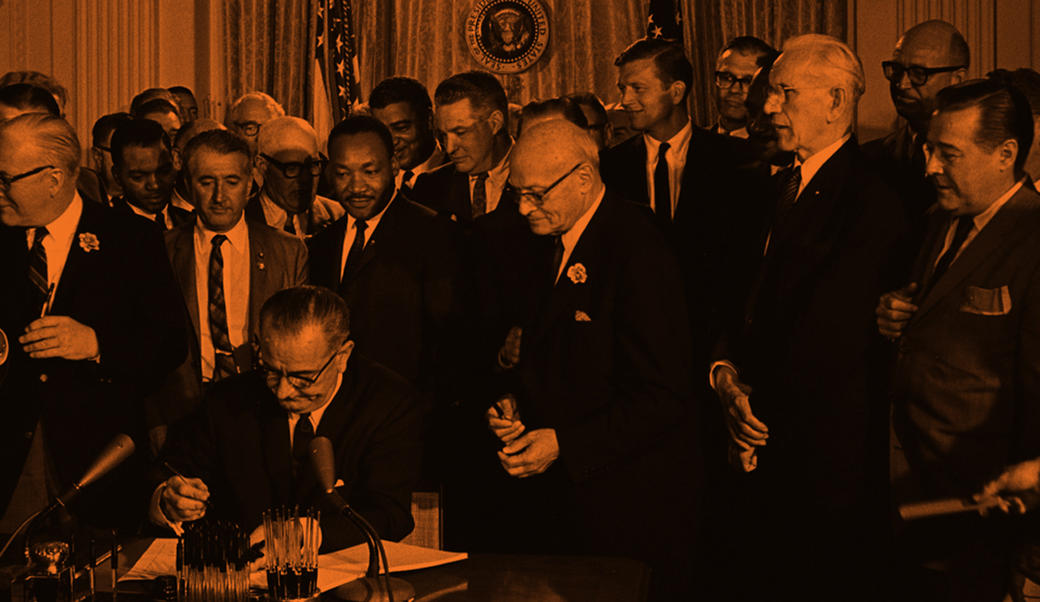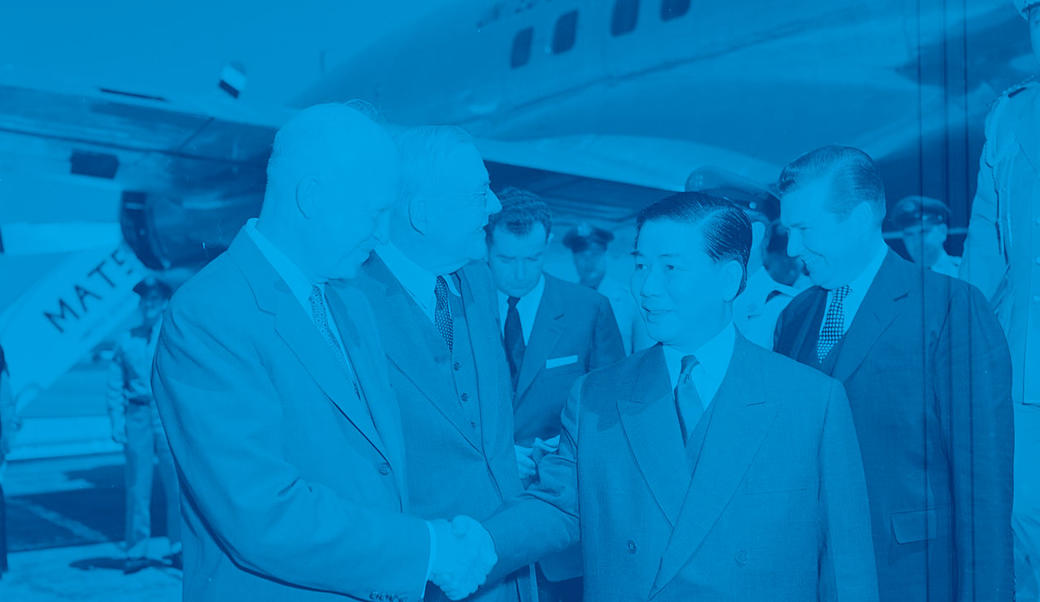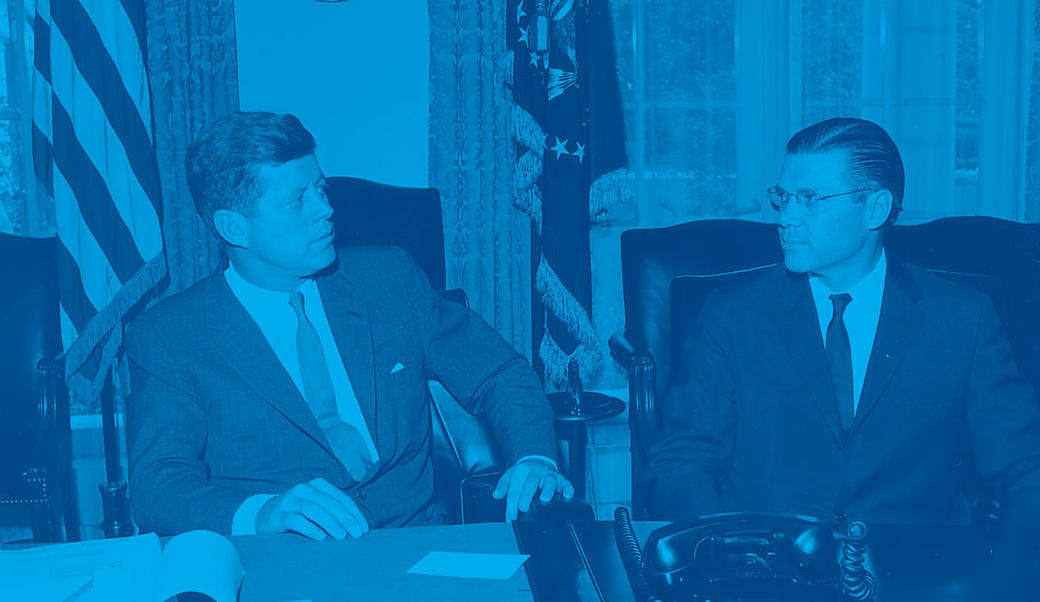John F. Kennedy: Impact and Legacy
John F. Kennedy had promised much but never had the opportunity to see his program through. It was, in the words of one notable biographer, “an unfinished life.” For that reason, assessments of the Kennedy presidency remain mixed.
Kennedy played a role in revolutionizing American politics. Television began to have a real impact on voters and long, drawn-out election campaigns became the norm. Style became an essential complement to substance.
Before winning the presidency, Kennedy had lived a life of privilege and comfort, and his relatively short congressional career had been unremarkable. Many voters yearned for the dynamism that Kennedy's youth and politics implied, but others worried that Kennedy's inexperience made him a poor choice to lead the nation during such a challenging time.
Early errors in judgment, particularly in the Bay of Pigs fiasco, seemingly confirmed these fears. By the summer of 1962, the administration was in trouble. A particularly difficult Cold War climate abroad, an antagonistic Congress at home, increasingly bold activist groups agitating for change, and a discouraging economic outlook all contributed to an increasingly negative view of the Kennedy White House.
That impression began to change in the fall of 1962. Skillful statesmanship—and some luck—led to notable success in the showdown over Cuba. The economic situation improved. Long-running, difficult negotiations finally resulted in a partial nuclear test ban treaty. And the work of civil rights activists and the occasional limited intervention of the federal government were slowly, but nevertheless steadily, wearing down the power of Southern segregationists.
But serious issues remained. Throughout the summer and fall of 1963, the situation in South Vietnam deteriorated; by the end of Kennedy's presidency, 16,000 US military “advisers” had been dispatched to the country. More importantly, the administration apparently had no realistic plan to resolve the conflict. In the area of civil rights, some progress had been achieved, but these successes had come mostly in spite of—not because of—the White House. Bloody conflict was becoming more prevalent on America's streets, and racial injustice remained rampant.
Assessments of Kennedy's presidency have spanned a wide spectrum. Early studies, the most influential of which were written by New Frontiersmen close to Kennedy, were openly admiring. They built upon on the collective grief from Kennedy's public slaying—the quintessential national trauma. Later, many historians focused on the seedier side of Kennedy family dealings and John Kennedy's questionable personal morals. More recent works have tried to find a middle ground.
In nation's popular memory, Kennedy still commands fascination as a compelling, charismatic leader during a period of immense challenge to the American body politic.




